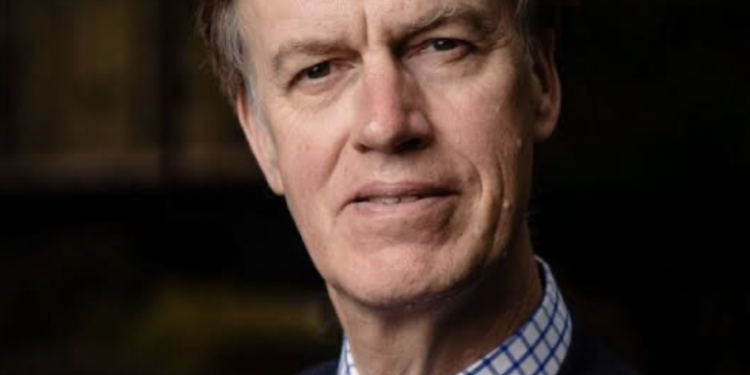A Labour Government would be “more inclined” to ensure that investments into unlisted equities and private assets were focused in the UK, according to Labour MP Stephen Timms, a former pension minister and current chair of the Work and Pensions Select Committee.
Speaking at Corporate Adviser’s Master Trust and GPP conference he told delegates he did not anticipate that this would be mandatory. But he said from what the shadow chancellor Rachel Reeves has said on this issue it is clear Labour is “more inclined to offer inducements” to encourage more investment into the UK economy.
Looking towards a potential Labour win after the next election, Timms said that he anticipated that the framework for pensions would remain broadly similar, particularly in relation to the Mansion House reforms floated earlier this year. Timms said that one of the reasons for the success of auto-enrolment has been the cross party support.
It is not known when detailed proposals relating to pensions would be published ahead of a general election, but Timms said he would be “very surprised” if plans did not make some mention of the triple lock.
Timms gave a more lukewarm reception to the government proposals today to give employees the right to choose their own workplace pension scheme, under its ‘pot for life’ proposals.
He said he welcomed further calls for evidence on this matter, and agreed action was needed to reduce the number of pension pots people have, but said there were potential issues around the additional costs and administrative burden for employers.
He added there were also “real concerns” that this move could diminish employers commitment to pension saving by reducing the link they have with a particular scheme. “This all needs to be looked at very carefully,” he said – alongside ensuring there is sufficient consumer protection regarding how schemes market themselves direct to employees.
However he pointed out that the aim to consolidate the number of pension pots individuals have is a good one, and action needs to be taken “to reduce the number of pension pots floating around”.
Regardless of who wins the next election, Timms said one issue of some urgency was the need to raise minimum contribution levels through auto-enrolment. The Work and Pensions Select Committee published a report into this issue last year calling for a timetable to be set as to when such increases could be introduced.
He also called out the action of supermarket chain Morrisons, which plans to reduce its AE contributions back down statutory levels over two years, which it says is in response to lowering the age at which people are automatically enrolled into a pension and ensuring contributions are from the first pound of earnings.
Timms says that this will be bad news for savers and pension adequacy if this become a trend among employers and he says the Committee will be “following up on this issue” with Morrisons.
Timms said he would like to see employer contributions raised to 5 per cent – to match that of employees, then both raised to 6 per cent, so that people were making contributions equivalent to 12 per cent of their salary into a pension plan.
He said: “I appreciate that a cost-of-living crisis is not the best time to increase pension contributions. But a plan needs to be set out to address this.” While AE has resulted in far greater participation with workplace pensions — with numbers rising from 44 per cent in 2012 to 86 per cent in 2020, a significant number of these people are not saving enough for an adequate income in retirement and may be unaware that this is the case he said. Without action he said there was a “potential crisis” looming in future years.
Timms also praised the Pension Wise service and but said it remained “under utilised”. He said the committee wanted to see the government be more proactive and take steps to encourage more people to use this guidance service.





